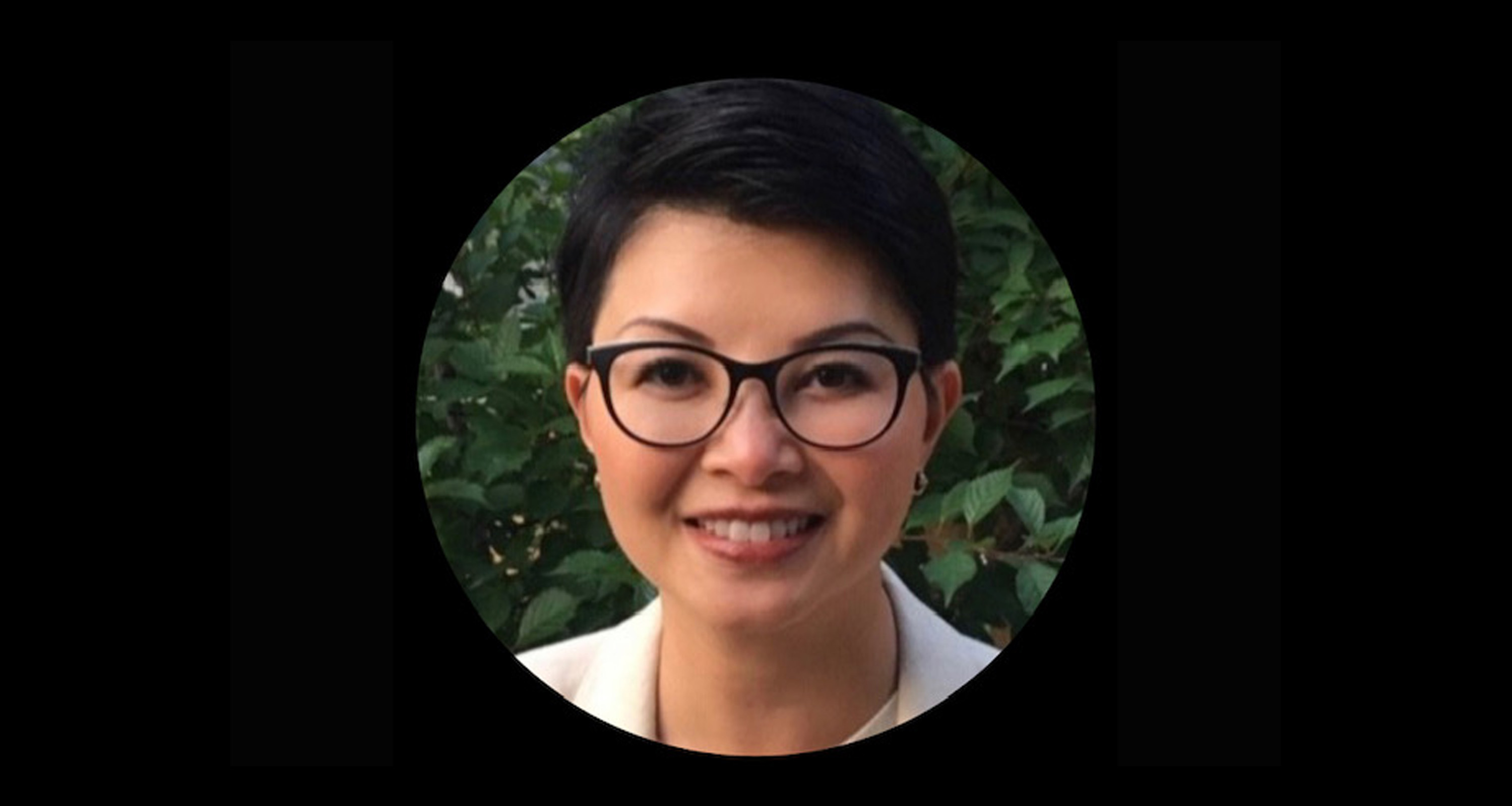June is Aphasia Awareness Month
Shirley Wilfong-Pritchard - 17 June 2022

Anita Lum. Photo supplied.
Without warning, life can change in an instant. Anita Lum knows that all too well. Last November a truck careened across the road, striking her car head-on. She suffered multiple injuries, including a broken wrist and a dislocated jaw. But those were just her obvious injuries.
Lum was not admitted to hospital after the collision due to the risk of COVID and lack of space. She was sent home to be cared for by her daughter, a nurse. Lum couldn’t speak at all when she first returned home. As her speech gradually returned, she had a severe stutter. Her daughter noticed swelling on the left side of Lum’s head, and after X-rays and tests, she was diagnosed with aphasia.
Aphasia affects how a person communicates. It can affect a person’s speech, reading, writing or ability to understand language. It’s most often brought on by stroke, but can also be caused by a brain tumour, infection, dementia, or as in Lum’s case, a traumatic brain injury.
Lum, regional manager with Policy & Planning for Prairies Economic Development Canada, went from a fast-paced, demanding position where communicating quickly and accurately was a big part of her role, to the frustration of still having a brilliant mind but being unable to express her thoughts.
“I know what I want to say, but it doesn’t come out,” she explains.
Instead of back-to-back meetings with government officials to discuss strategic economic policy, her days became full of back-to-back appointments with medical professionals.
How people perceived her was affecting her feelings of connection to others and diminishing her confidence. It was difficult to deal with the shock and sympathy of friends and colleagues. She experienced negative judgment from strangers who didn’t understand the effects of her injuries. When she tried to talk to her health insurance company over the phone, the agent told her she was wasting his time and hung up on her. In another instance she was accused of being high.
“This whole ordeal has made me really think about how people see you and give value to you based on how you communicate,” she says.
Feeling self-conscious, Lum found her social world was shrinking — restricted to close family and medical professionals. Then both Lum’s concussion specialist and the Alberta College of Speech-Language Pathologists recommended she explore the Faculty of Rehabilitation Medicine’s Corbett Aphasia and Rehabilitation Education (CARE) program at the University of Alberta.
It was at the CARE program that Lum started to rebuild her confidence. Practising speaking in a supportive group of individuals with the same condition has really helped, she says. She has learned skills and tips to manage aphasia — such as always keeping a notebook handy to take notes or communicate in writing, or how to be mindful and relaxed when speaking.
“Your world gets smaller when you stay at home, so I go and try to learn from others in a safe environment where everyone is supportive,” she says. While Lum is benefiting from the CARE program, she also has a lot to offer and finds meaning in helping others with aphasia.
Lum is considering expanding her social network by attending the Alberta Aphasia Camp at Gull Lake this September. It’s a weekend retreat with recreational and therapeutic activities for individuals living with aphasia. Staff and volunteers include speech-language pathologists and occupational, physical and recreational therapists.
Esther Kim, associate professor and interim chair of the Faculty of Rehabilitation Medicine’s Department of Communication Sciences and Disorders, explains that one of the main goals of CARE and the Alberta Aphasia camp is to allow people with aphasia to establish social networks with other people who know exactly what they’re going through. “As speech-language pathologists, we're trained in supporting communication and helping people to regain impaired abilities,” she says, “but we'll never truly know what it's like in the manner that those with lived experience do. Connecting people with aphasia to each other is so vital in their recovery.”
Lum is determined to recover fully. Her doctors want her to come to terms with her new reality and learn how to live fully within it. With support from programs such as CARE and the Alberta Aphasia Camp, her next step is figuring out what that journey will look like
Related stories:
- Language challenges can mask decision-making skills in people with aphasia: U of A researchers
-
UAlberta speech-language pathologist improving community accessibility for people with aphasia
-
Thankful for the experience: Volunteering at Alberta Aphasia Camp